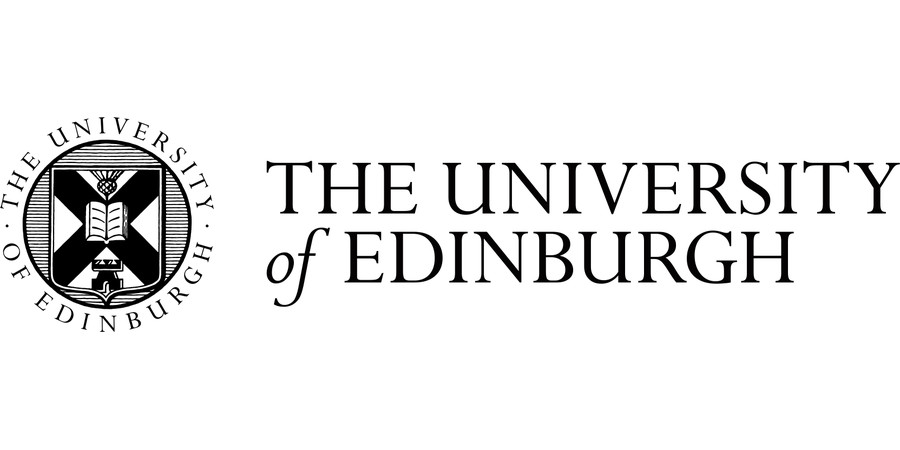PhD Studentship - EASTBIO - Investigating how Neural Signalling Regulates Adaptive Immune Responses
The University of Edinburgh
| Qualification Type: | PhD |
|---|---|
| Location: | Edinburgh |
| Funding for: | UK Students, International Students |
| Funding amount: | £5,000 - please see advert |
| Hours: | Full Time |
| Placed On: | 26th November 2025 |
|---|---|
| Closes: | 15th December 2025 |
Deadline: Monday 15th December, 2025. Competition funded PhD Project.
Supervisors: Dr Laura McCulloch (The University of Edinburgh), Dr Joy Edwards-Hicks (The University of Edinburgh)
About the Project
Increasing evidence shows that our central nervous system can interact with our immune system and modulate our immune responses. Lymphocytes, in particular, have receptors for noradrenaline, a neurotransmitter that is released by our sympathetic nervous system. Our previous investigations has shown stroke leads to excessive output of noradrenaline leading to lymphocyte death and dysregulated function, however noradrenaline signalling can also increase during periods of stress and can be dysregulated with age. This indicates a key role for noradrenaline in fine tuning our adaptive immune responses but our understanding of the impact of these signals on lymphocyte function in healthy immune responses is currently limited. We have shown using in vitro models with healthy human donor cells that noradrenaline signalling can alter lymphocyte viability, proliferation and cytokine production. We would now like to understand the importance of these signals in normal homeostatic immune responses and in ageing. This could provide us with new targets to improve vaccine responsiveness and the effective development of immunological memory.
This project will use in vivo animal studies to block or enhance noradrenaline signalling during systemic bacterial challenge to understand the role of these signals in the development of a healthy immune response. Aged animals will be used to understand how dysregulation of these pathways may impair immune responses and the development of immune memory. This will be complemented with analysis of young and aged human peripheral blood monocytes to examine noradrenaline receptor expression and responsiveness.
Training provided will cover a breadth of wet lab research techniques including: in vivo research and experimental design; immunological profiling including flow cytometry, immunostaining and image analysis; measurement of soluble mediators using muliplex ELISA; isolation of cells from tissue and blood, cell culture and ex-vivo assays; metabolic profiling including SCENITH assay and mass spectrometry. Training on data analysis including relevant image analysis software, statistical analysis including graphpad prism and R and flow cytometry analysis using FlowJo will also be provided
References:
- McCulloch L, et al (2017) Nature communications 8:15051-15016
- Ramer-Quinn DS, et al (2000) Brain, behavior, and immunity 14:239-255.
- Sanders VM (2012) Brain, behavior, and immunity 26:195-200.
- Swanson MA et al (2001) The Journal of immunology (1950) 166:232-240
biology.ed.ac.uk/eastbio/how-to-apply
UKRI-funded studentships are available globally, covering UK tuition fees, a living stipend, and an annual £5,000 research grant for the first three PhD years. EASTBIO DTP limits international students to 30%. Eligibility criteria are as per UKRI guidance.
Apply Now:
- Visit the EASTBIO Webpage to download necessary documents.
- Submit your completed application, EDI survey, and academic transcripts to CIR.Postgraduate@ed.ac.uk by the deadline.
- Ensure references are sent to the same email using the provided form.
EASTBIO will hold online Q&A sessions in November/December 2025. Check the EASTBIO How to Apply webpage for details. Incomplete applications will not be considered.
Advert information
Type / Role:
Subject Area(s):
Location(s):









